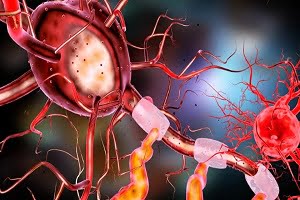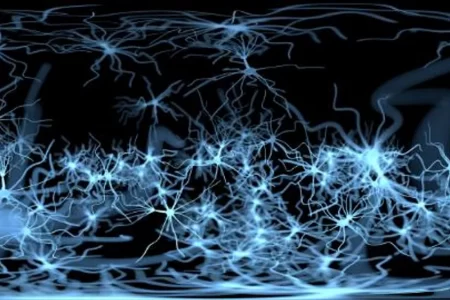Browsing: peripheral Neuropathy
There are many complications associated with peripheral neuropathy such as gangrene and amputations, digestive issues, deformity of lower extremities, ulcers, loss of bladder control, etc. Peripheral nervous system has three types of nerves, i.e., motor nerves, autonomic nerves, and sensory nerves. Symptoms depend on the kind of nerve which is damaged or affected. Damage to sensory nerves affects sensation, and the patient also loses the sense of balance.
Peripheral neuropathy or peripheral polyneuropathy refers to the condition that damages the peripheral nervous system. Neuropathy causes the destruction of the nerve cells called neurons. As a result, the neurons are unable to communicate properly with each other and with the brain.
Nerve biopsy, skin biopsy, and nerve conditioning test are diagnostic techniques for diagnosing peripheral neuropathy. Peripheral neuropathy refers to nerve damage that may occur to single or a group of peripheral nerves. Different conditions can cause chronic peripheral neuropathy; the most common cause is diabetes.
There are different stages of peripheral neuropathy depending upon the severity and complication of the disease. It’s not easy to recognize the disease stage; therefore, the treatment given in the beginning deals with pain control and management. Pain and numbness is the foremost symptom.







